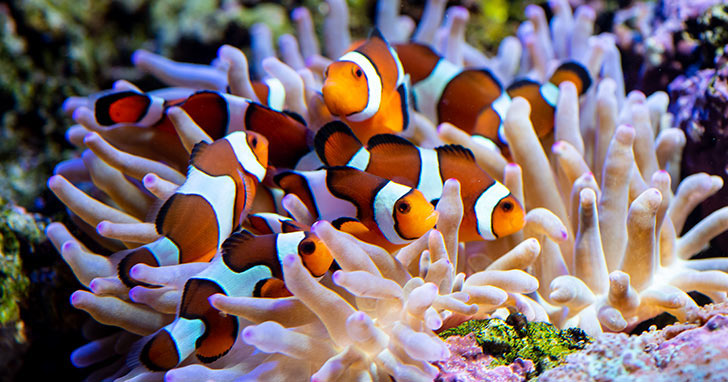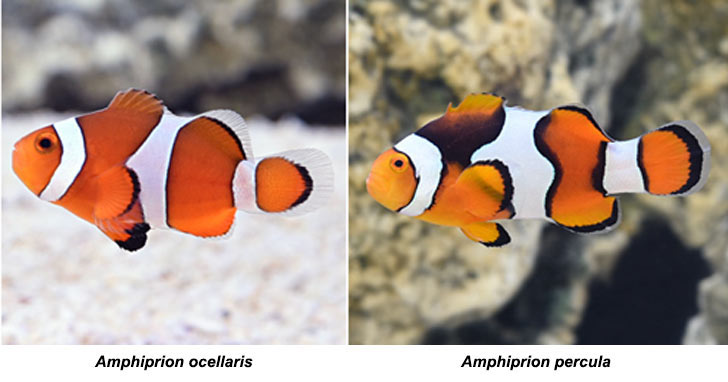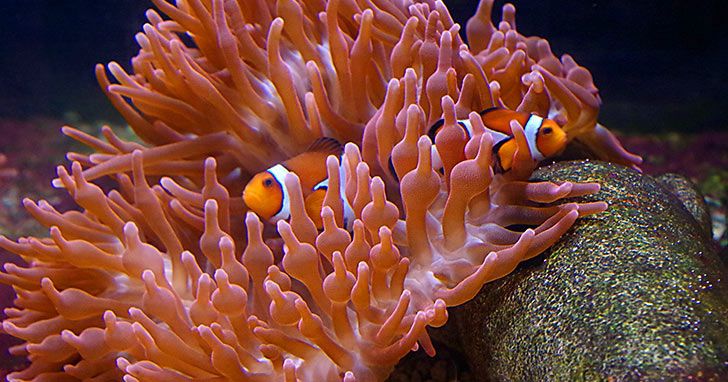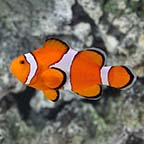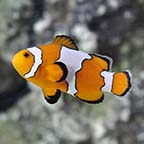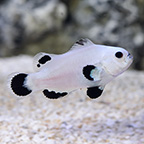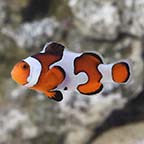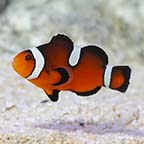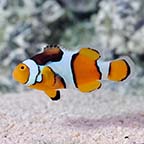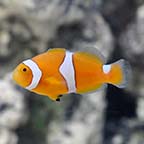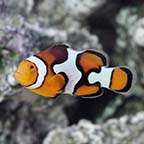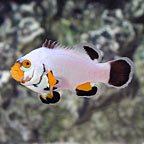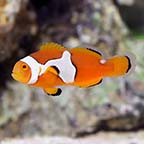Difference between Amphiprion ocellaris and Amphiprion percula Clownfish
Clownfish have grown in popularity by both beginner and established aquarists who are interested in adding them to a marine environment. Although Clownfish are only one of the hundreds of Pomacentridae families in the Percula complex, we will talk about two of the most popular species: Amphiprion ocellaris and Amphiprion percula. We will explore some of the ways these two species are different, and how you can create an environment in your home aquarium that will help them thrive. The first difference between the Amphiprion ocellaris and Amphiprion percula we will explore is the difference in coloring. Although the most recognizable Clownfish is orange with white stripes and black outlines around the white stripes, selective breeding for color, patterns and fins have created many different varieties, and those options continue to grow. Given that and generally speaking, Amphiprion ocellaris have thin black lines outlining their white stripes, and the Amphiprion percula has thick black lines outlining the white stripes.
A second point of comparison is the dorsal fin. If your Clownfish has eleven spines on its dorsal fin, it is in the Amphiprion ocellaris species as Amphiprion percula Clownfish can only grow up to ten spikes. Thirdly, when comparing the size of the two different species, the Percula is slightly smaller, reaching three inches long at maturity, as compared to the Ocellaris species, which can grow to over four inches. Clownfish are both naturally harvested and bred in captivity. Captive bred fish are generally very hardy and more accustomed to conditions found in home aquariums, so are a great option for the home hobbyist. Due to the number of different Clownfish varieties, it is recommended you rely on your supplier for your marine aquarium requirements. LiveAquaria® offers a variety of captive bred Clownfish and with a few exceptions, recommend Ocellaris be kept in a tank sized twenty gallons or more and Percula in tank sizes of 30 gallons or more. Water requirements for captive bred Amphiprion ocellaris and Amphiprion percula Clownfish are similar. We recommend: Sg (Specific Gravity) range of 1.020-1.025, water temperature 72 degrees-78 degrees F, dKH (Degrees of carbonate hardness) of 8-12 and pH between 8.1-8.4. Anemones can indeed be part of the marine environment in which Clownfish thrive. In natural environments, Clownfish have a symbiotic relationship with anemones. The anemones offer Clownfish protection from predators, and Clownfish remove parasites and offer some protection to the anemones from reef fish that might eat their tentacles. Clownfish that are bred in captivity may lose some of their instinct and may take a while to host anemones. If you do want to include anemones in your tank, it is recommended you choose one that is Clownfish compatible and that they be added before the fish are introduced.
Tank mate compatibility is crucial to a successful and healthy marine aquarium. If you are maintaining a community tank, it is important that all Clownfish be kept with other peaceful species and ones that are not large enough to swallow them. Incompatible species will increase stress in the tank which could result in disease and considerable loss. With a few exceptions, the Clownfish species that LiveAquaria® carries are captive bred for peaceful temperaments (please refer to our website Quick Facts section of each product page for more information). The LiveAquaria® recommended compatibility guidelines can be found here. Generally speaking, Clownfish are compatible with Dwarf Angels, Large Angels, Anthias, Basslets, Batfish, Blennies, Boxfish, Butterflies, Cardinals, and Chromis. Caution must be demonstrated when keeping two or more Clownfish in the same environment, and only by an experienced caretaker. Because fish are living animals, no guarantees can be made about the compatibility or incompatibility of any particular species of fish. We must also recognize that species within a group of fish vary in temperament and may not correspond with the guidelines presented. Both Amphiprion ocellaris and Amphiprion percula Clownfish species can make a colorful and interesting addition to your saltwater tank as they are extremely hardy and well suited to life in the home aquarium. Varieties of Amphiprion ocellaris Clownfish
Varieties of Amphiprion percula Clownfish
|
|||||||||||||
|
|


